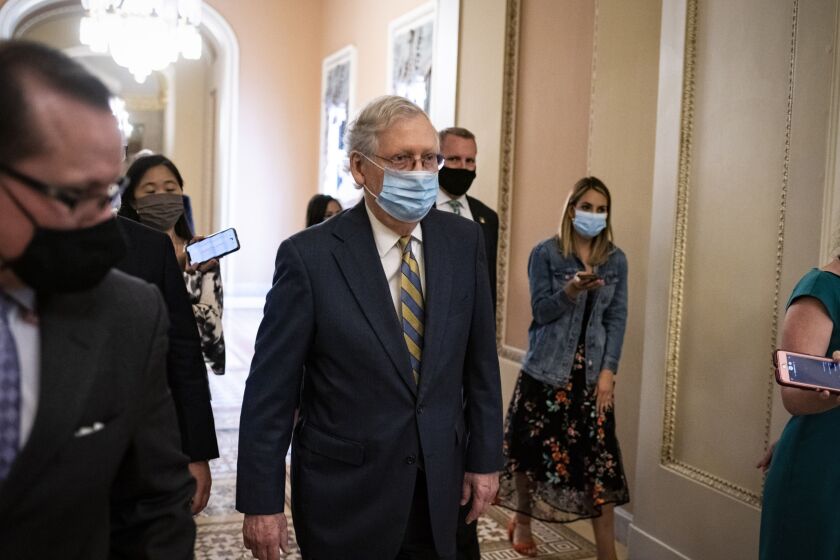The Federal Reserve announced Thursday it will provide up to $2.3 trillion in loans, with the goal of supporting credit flow to both consumers and businesses throughout the coronavirus crisis.
As part of the stimulus, triple-A rated tranches of both outstanding commercial mortgage-backed securities and newly issued collateralized loan obligations became eligible for the Term Asset-Backed Securities Loan Facility program.

"MBA applauds the Federal Reserve for announcing its intent to include outstanding private-label CMBS AAA securities in its TALF program, which was re-established on March 23 to provide more liquidity to securities markets," Robert Broeksmit, Mortgage Bankers Association president and CEO, said in a press release. "This decision protects borrowers by stabilizing commercial mortgage markets more broadly and helps ensure lenders can continue to finance properties – particularly in small and mid-sized markets across the country, where numerous small businesses employ millions of Americans."
This relief comes at a moment when indicators for consumers in the market show signs of strain. After three consecutive months of decreases in home mortgage credit availability, it plummeted to a five-year low in March amid coronavirus volatility, according to the MBA.
March's Mortgage Credit Availability Index fell 16% to 152.1 from 181.3 in February, and 182.1 a year ago. Availability in all loan types dropped, resulting in the Index's lowest level since June 2015.
The GOP legislation includes a second tranche of stimulus payments, structured the same way as the earlier round, in March, along with tax credits for businesses.
The economic stimulus plan released by Senate Republicans offers no new money for states and cities to cope with swelling budget shortfalls, leaving them to contend with a grave financial crisis that’s already forcing them to slash spending, furlough workers and delay projects as tax revenue disappears.
Bill Clerico created WePay during the last financial crisis, and sees a similar opportunity now. The coronavirus pandemic is affecting different markets in vastly different ways, and easing the flow of capital is just one way to provide help.
"Lenders are making credit criteria changes to account for the increased likelihood of forbearance and defaults, as well as higher costs," Joel Kan, the MBA's associate vice president of economic and industry forecasting, said in a press release. "There was also a significant drop in availability of Libor-indexed ARMs, as lenders acted on the GSEs' announcement to halt purchases of those loan products."
From February, the conventional product MCAI declined by 24.2%, with jumbo portion down by 36.9%, the government mortgage MCAI decreasing by 6.6% and the conforming component down by 2.7%.
"There was a reduction in the availability of loans with lower credit scores and higher LTV ratios, and the largest pullback came from the jumbo and non-QM space," Kan said. "This month's release highlights the large retreat from jumbo and non-QM investors due to a sharp drop in liquidity."
Credit usually expands for consumers during the spring home buying season. However, with uncertainty in the overall market, credit guidelines continue to tighten as a product of the coronavirus.
The MCAI is calculated by the MBA using loan program data from Ellie Mae's AllRegs Market Clarity database. It was benchmarked to a value of 100 based on conditions in March 2012.




